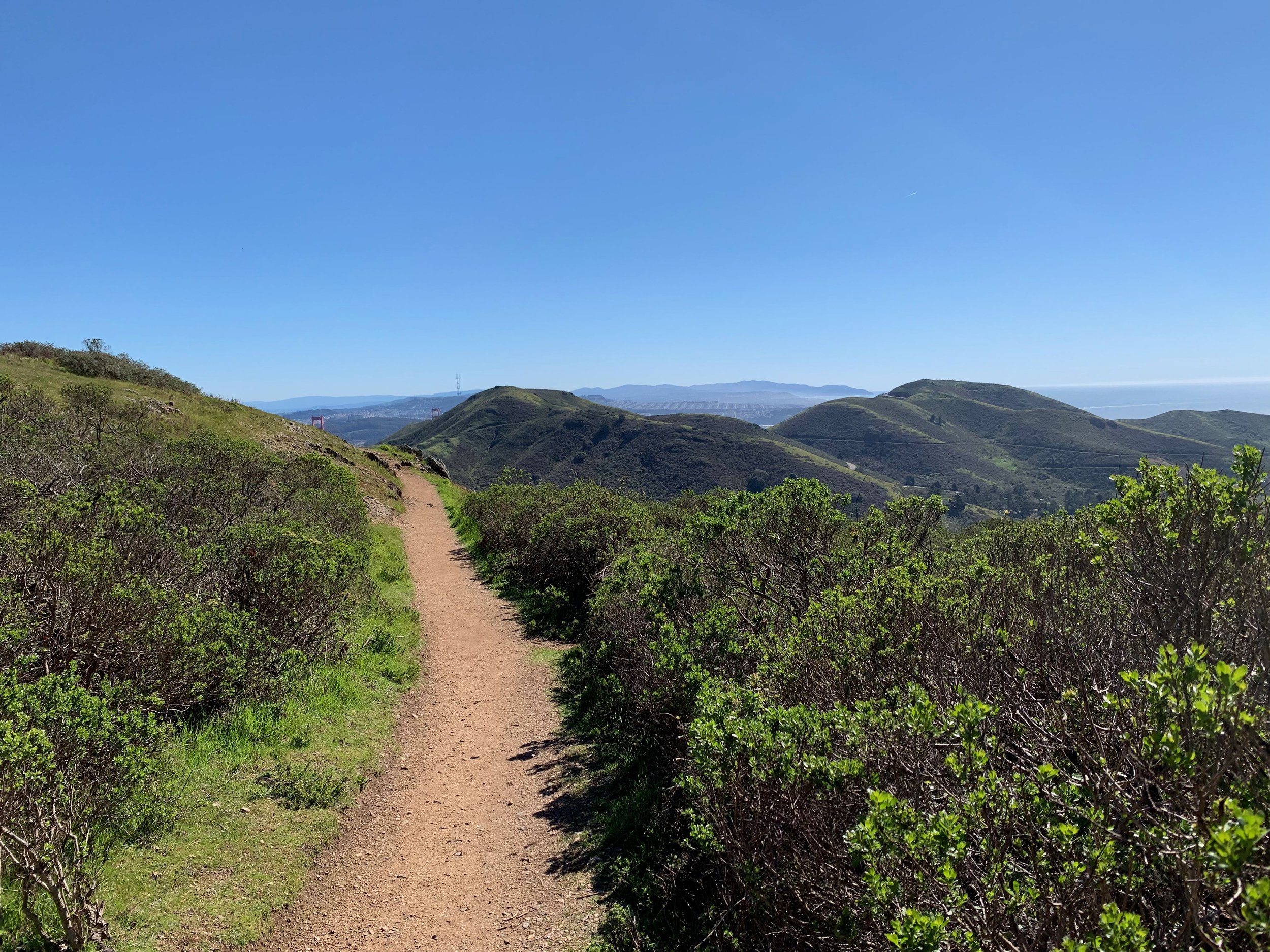
Mentoring and being mentored
Two sides of the same coin, moving towards growth

Transitioning to Mentoring Roles
This is a corollary to a post I wrote about choosing mentoring teams…instead, its about how I’m learning to think about what role I could and want to play as a mentor for the next year or two.
In a soft-money environment like UCSF, it’s prudent to think about how one’s own mentoring time is funded.

Identifying and choosing mentors
Over the course of your career you will likely work with a variety of mentors and for different reasons. You may need content or methods expertise, access to clinical groups, project-specific feedback, professional development (learning new research skills, manage time, administer projects), accountability, institutional sponsorship (e.g. someone advocating for your best interests behind closed doors), access to networks, a sense of community, role models, safe space (list modified from an NCFDD weekly email). It’s rare that one person can address all these needs; more likely you will assemble a network of supports that include mentors, sponsors, peer-mentors, therapists and coaches that you lean on to differing degrees at different times.

Building mentoring teams
Primary mentors for early-career career development awards (such as K01s, K76s, or foundation-funded equivalents) are the people you meet with every 1-2 weeks and are most often senior author on your papers.
Co-mentors may have specific topical and methods expertise such that you meet with them monthly and they may be senior authors for a small fraction of your papers.
Advisors on career development awards are the people you need to meet with quarterly, or send a few emails, who might be middle authors on papers and/or connect you to training or research resources.

Gifts of mentoring
Every mentoring relationship is a two-way gift. Sometimes I learn from the clinical expertise of my mentee-collaborators. Or a chance to work with them to do something I could never do alone. Sometimes I get a chance to remember how much I’ve learned and how far I’ve come, recalling how hard and confusing it all was when I started, and realizing I can help others navigate the inevitable eddies and waves and rough stretches that are part of any project or career.

Agendas for mentoring meetings
Agendas are gifts to you and your mentors. Agendas show that you respect them and the relationship enough to invest time in using it well. Agendas help you refine and prioritize your thinking, figure out your asks, and think about what your mentor needs to get their head back to thinking about your goals and projects.


Collaborative Leadership
In the fall 2021, the pressures and impacts of the fourth (Delta) wave of the pandemic are becoming quite visible among my colleagues. The “Great Resignation” is evidence of how many are re-imagining work-life integration possibilities. One dominant thread I’ve been observing over the last few weeks is swings and misses. In my research data, in my meetings with colleagues, in my emails from my employer – everyone’s trying to address needs and yet what’s being provided so often misses the mark.

It’s hard for others, too
We often assume that something that’s hard for us is easy for others (especially for others who seem to have their act together). First, it (whatever it is) probably is hard for someone else. Second, people who are able to do it either a) find other things hard, b) still find it hard but have tricks to manage it, or c) have a lot more emotional bandwidth than you do right now.

On modeling
At various points in our careers, but especially early on, it can feel like we are the only ones struggling. I have benefited from peers and mentors being vulnerable and sharing their own hard moments, and how they persisted, and how life evolved. I think this is really important modeling.